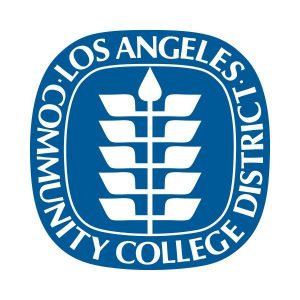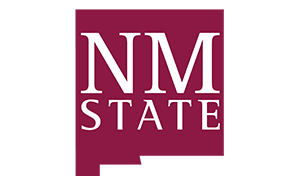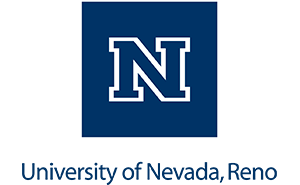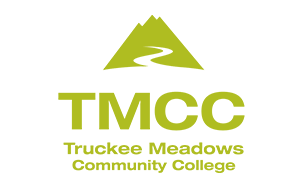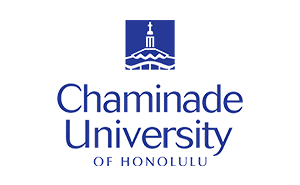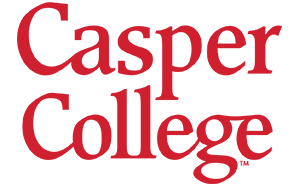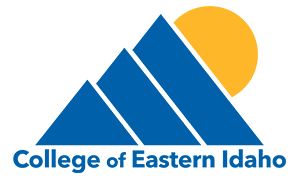The Los Angeles Community College District – made up of nine colleges serving the greater Los Angeles County area – has joined the Interstate Passport Network, the national program of two- and four-year colleges and universities that streamlines the higher education transfer process for students. These nine institutions bring the total number of Network members to 60 across 17 different states. LACCD joins Cerritos College and College of the Siskiyous as members from the state of California. For the past 70 years, LACCD has served more than three million students, providing accessible, affordable, and practical education to a diverse population. Eighty percent of LACCD students are from underserved populations and more than half of all LACCD students are older than 25 years of age.
“We are proud to join with forward-leaning colleges and universities across the country in the Interstate Passport Network to benefit students and their ability to reach their higher education and career goals. Now, perhaps more than ever, higher education must stand together to serve students and craft clear, unambiguous pathways for transfer. We believe Interstate Passport will become an integral part of that process for thousands of transfer students from Los Angeles and community colleges everywhere,” said Chancellor Francisco C. Rodriguez, Ph.D., Los Angeles Community College District.
The “Colleges of Los Angeles” that make up the LACCD include: East Los Angeles College, Los Angeles City College, Los Angeles Harbor College, Los Angeles Mission College, Los Angeles Pierce College, Los Angeles Southwest College, Los Angeles Trade-Tech College, Los Angeles Valley College, and West Los Angeles College. Overall enrollment in 2017-18 was over 230,000 students, and half enrolled with the intent to transfer. Almost 70 percent of students attend part time, and nearly half of all students are first generation. The LACCD meets the needs of a society where “lifelong learning” is the rule and multiple careers and continual retraining are the norm.
The Interstate Passport program was founded in 2011, and became fully operational in 2016. Students who earn a Passport, which encompasses lower-division general education and is based on learning outcomes instead of course-by-course articulation, can transfer to a Network institution in another state and have their learning recognized and general education credits accepted. Since Interstate Passport launched in 2016, member institutions have awarded over 38,800 Passports.
Nearly four in 10 college students will transfer institutions at least once during their college careers, and almost a quarter of those will enroll in an institution in another state, according to data from the National Student Clearinghouse. Until now, transferring between schools – especially across state lines – has been made more difficult and expensive by lengthy credit evaluation processes and loss of credit already earned.
“We are excited to welcome the nine colleges of the Los Angeles Community College District to the Interstate Passport Network,” said Anna Galas, director of academic leadership initiatives at WICHE. “With the recent growth of the Network membership to 60 institutions in 17 states across the nation, students have expanded options and improved access. Students who earn a Passport will be able to easily transfer to other Network institutions without losing or having to repeat lower-division general education coursework, a seamless transition that will keep students on their pathway to a degree.”
Even for students who don’t transfer, earning a Passport can be beneficial. Because of its specifically defined learning outcomes, the Passport can become a widely recognizable documented completion benchmark from which employers can gauge a prospect’s skill level and readiness for a job.

